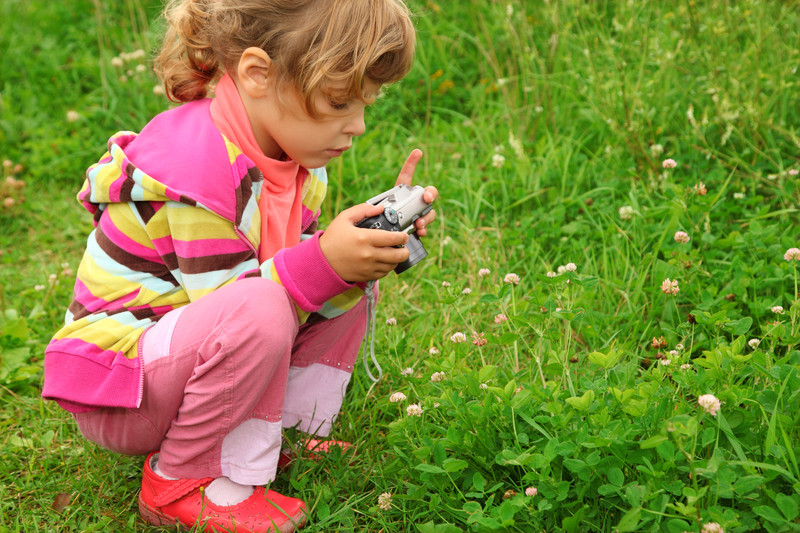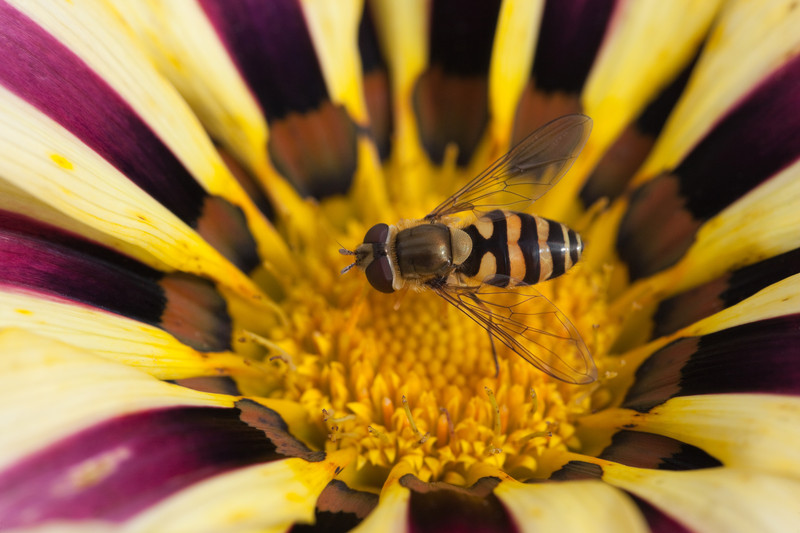|
The temptation when taking outdoor photographs is to rush from subject to subject getting a record shot of each one. This often means that you come home with lots of photos but no outstanding ones. Use these tips to focus on your outdoor photography and get the shots that count.
 Get Closer
Get Closer
Legendary Hungarian photographer Robert Capa once said "If your photographs aren't good enough, you're not close enough". Even though he died in 1954 his advice is still good today. Most people stand a comfortable distance from their subject and snap away. The result is often a small subject surrounded by empty space. To improve your shots use a wide-angle lens and get as close as possible to your subject. This technique works very well for portraits, pets, travel photos and street photos. By getting close-up you instantly turn snapshots into photos with impact.
Use a Polarizing Filter
A circular polarizing filter cuts through haze and saturates all the colours in your photos. They works work almost like a comb, tidying up the rays of light entering your lens so that they are all going the same way. Use your polarizing filter to darken blue skies and saturate colours when taking landscape photographs. It will also remove reflections from windows and make water more transparent. The great thing about a polarizing filter is that you can twist it and decide how much of an effect to apply. Polarizers instantly improve the contrast and colours in your outdoors photos.
Use a Lens Hood
Use a lens hood to prevent lens flare and improve contrast when taking photos outdoors. A hood prevents stray light from entering the lens and changing your exposure settings. It also means you can take better backlit shots by shooting towards the sun. Having a lens hood on your camera protects the front of your lens from accidental bumps. Use a lens hood and make a small difference to every outdoor photo you take.
 Think Before You Click (duh)
Think Before You Click (duh)
Always ask yourself these questions before taking an outdoor photograph. What is going to make this shot interesting to the viewer? Is this the best angle or can I improve my viewpoint? Am I using an appropriate aperture and shutter speed? Asking questions forces you to slow down and focus on your subject. If you force yourself to think before snapping away you your photos will improve straight away. It means you will get a higher percentage of winners every time you go out with the camera.
Get Up Earlier (the big one)
Most people don't start taking photographs until after breakfast. By then professional photographers are coming back in after a morning's work. The early morning light is the best for taking outdoor photos. It is soft and brings out textures and subtle colours that vanish later on in the day. Getting up early also means that you can dodge all the crowds. People photography seems to be easier first thing in the morning as well. It seems like you get credit from your subjects for being an early bird.
|